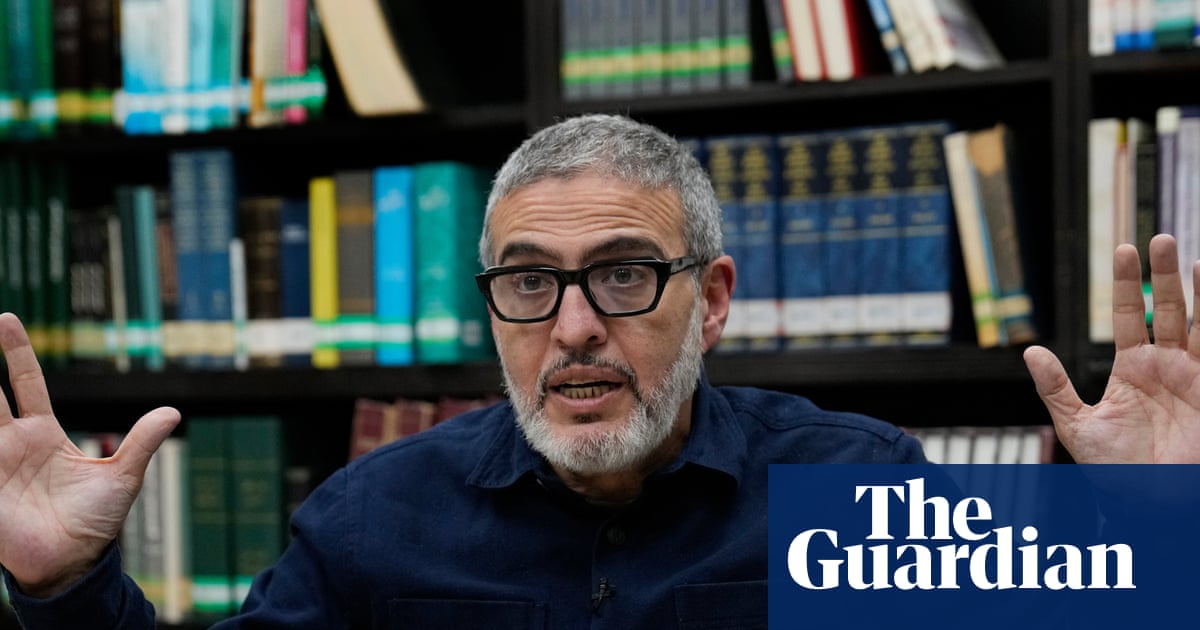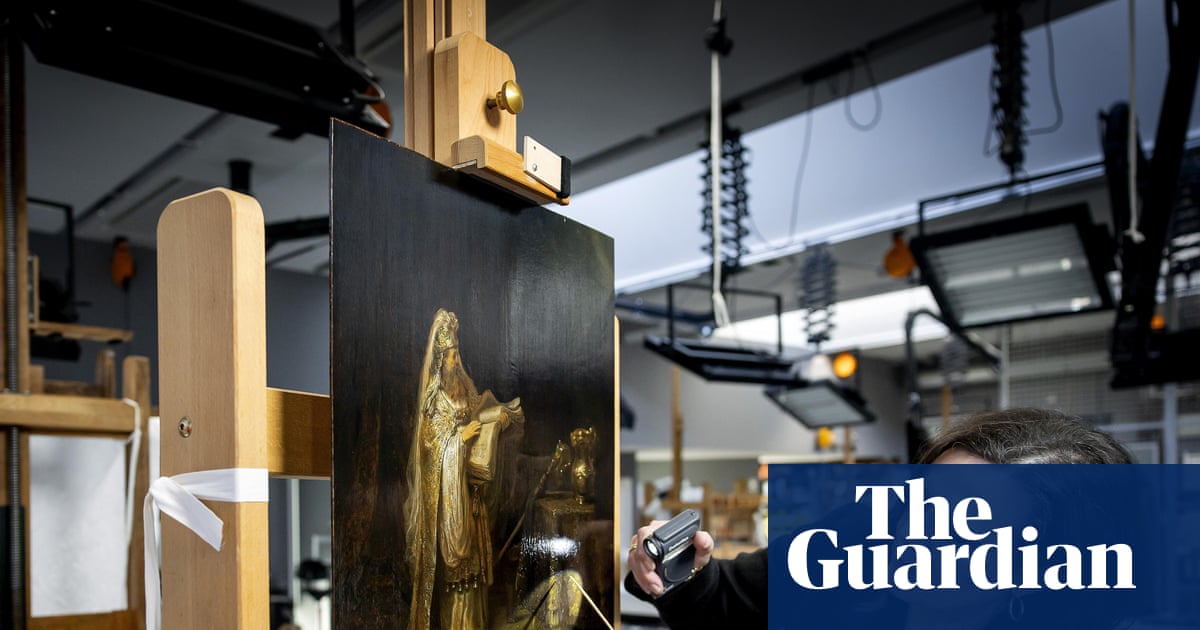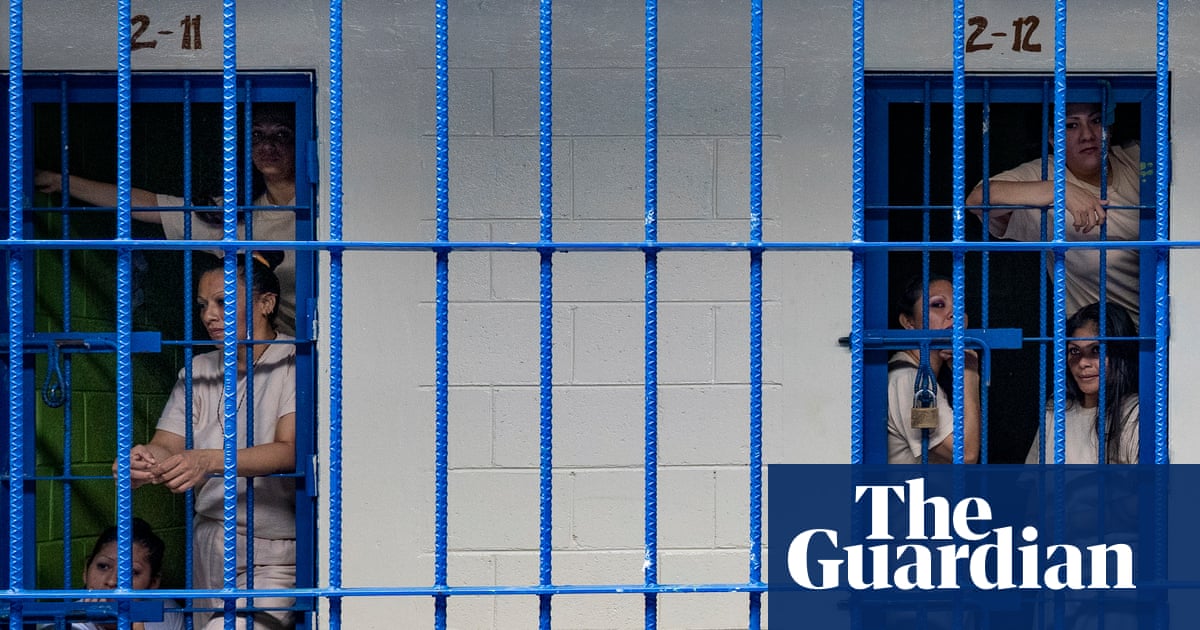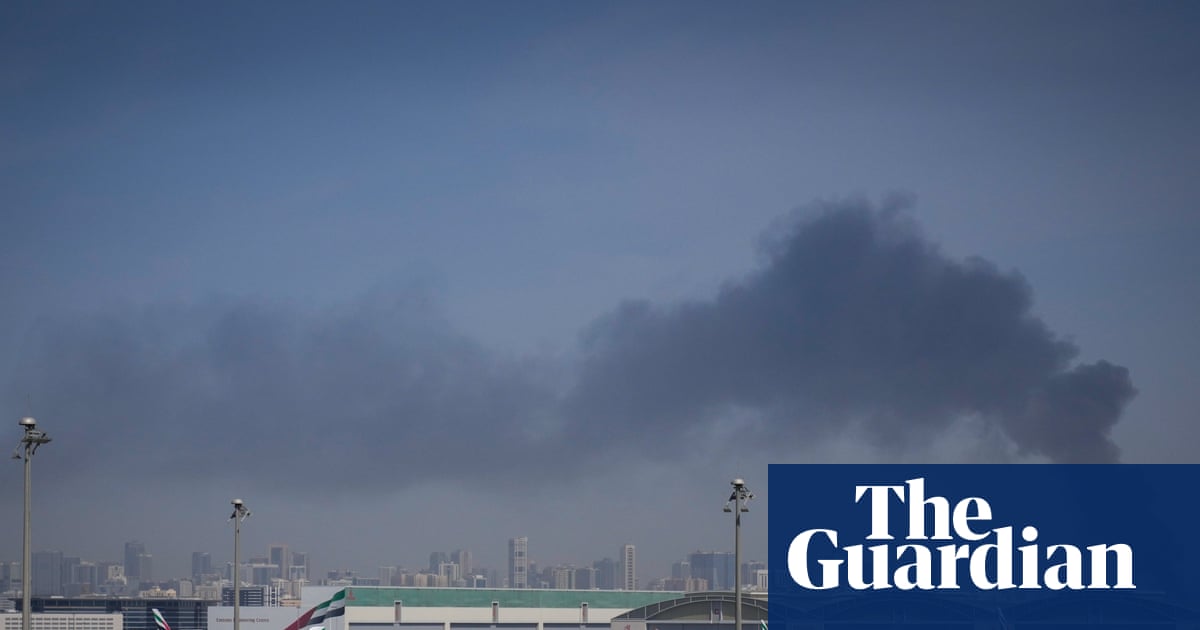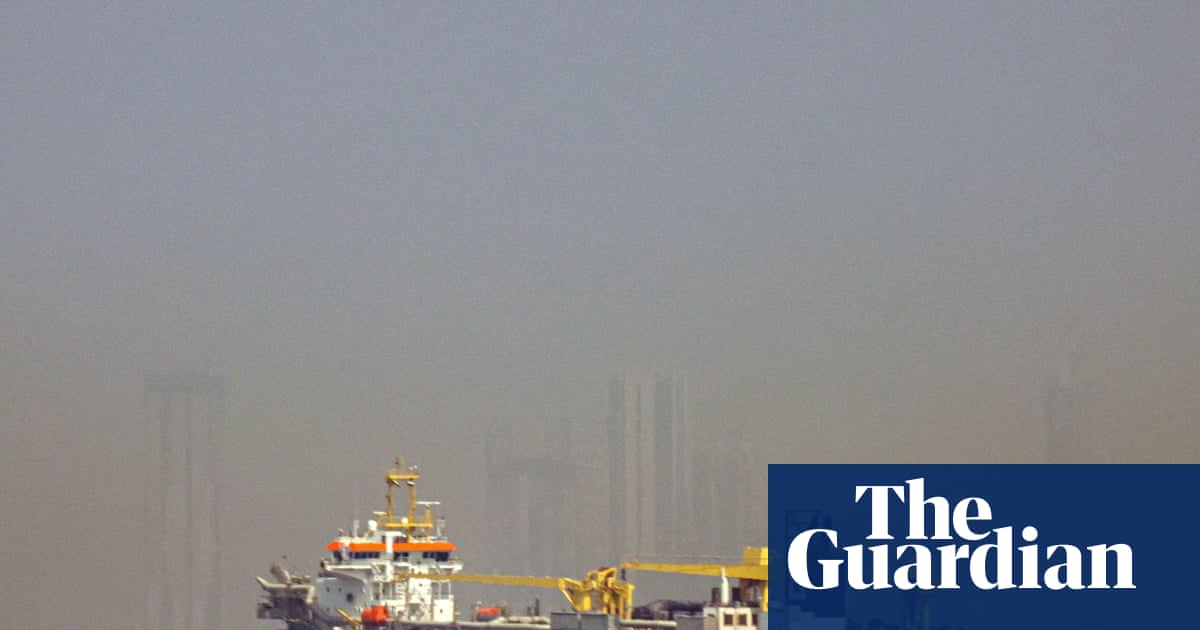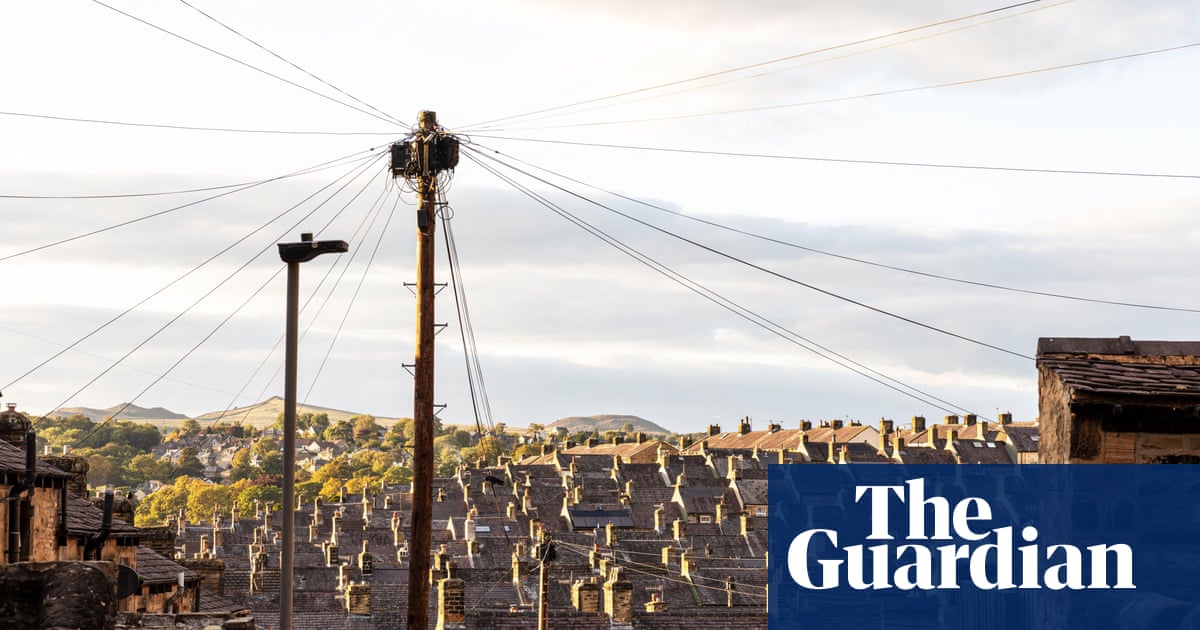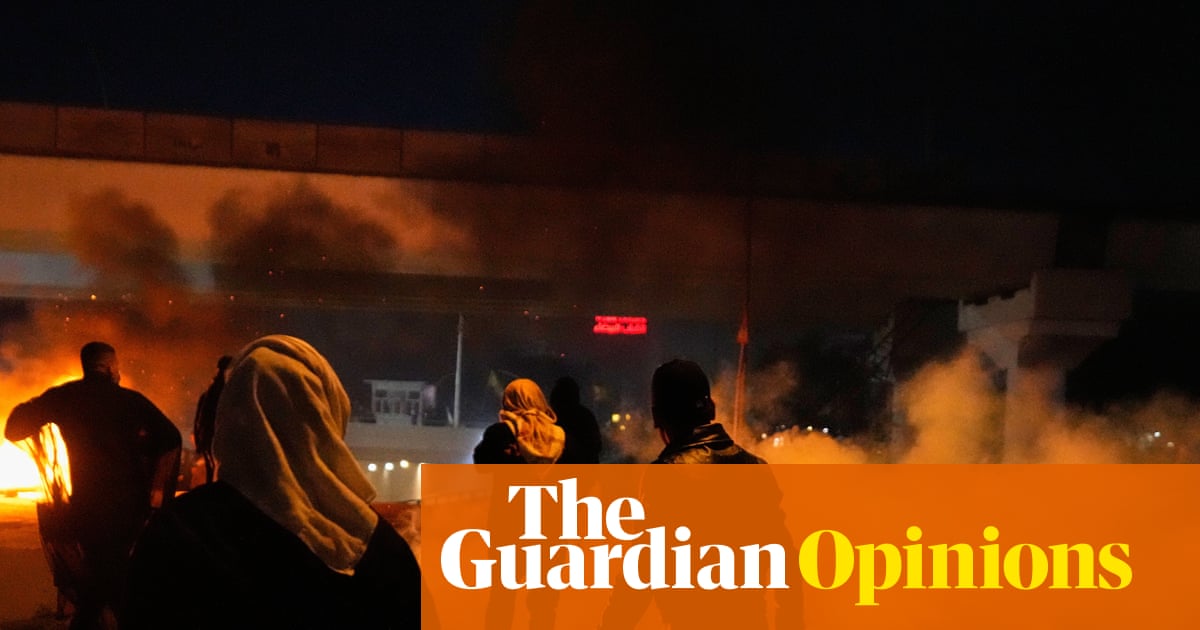Shabana Mahmood has warned Labour MPs that “dark forces are stirring up anger” over migration, amid growing alarm among senior party figures over the most sweeping overhaul of refugee rights in a generation.
On Monday, Mahmood will announce controversial new laws to overhaul refugee status, which must be reassessed every two years, as well as curbing asylum appeals and toughening the approach to rights to family life.
The home secretary warned in an article for the Guardian that anger about illegal migration could turn on second-generation immigrants such as her and rupture community relations.
“I know that a country without secure borders is a less safe country for those who look like me,” she said.
But the Guardian understands the harshness of Mahmood’s plans has led to significant unease among senior Labour aides and ministers, with at least one on resignation watch. Two said they were particularly concerned about the plans to ramp up deportations of refugee families, including those with children.
Charities warned it would risk “another Windrush scandal” and leave refugees in near-permanent limbo, with children liable to be unrooted from schools and adults unable to build careers, and make integration harder.
The home secretary will announce three new safe routes for refugees to legally come to the UK from war-torn countries such as Sudan and Eritrea, but even the status of those refugees will be under constant review.
Mahmood confirmed on Sunday that refugees would be liable to be returned if their country was no longer deemed dangerous, with their status reviewed every 30 months, including families with young children in school.
The government will also announce that it will legislate to toughen how courts apply the European convention on human rights (ECHR) regarding family life, enabling more deportation of people with family members still in the UK.
In her article, Mahmood said she knew the changes would “face opposition” but said the alternative would risk public support for all refugees collapsing.
“Dark forces are stirring up anger in this country, and seeking to turn that anger into hate. We must take the opportunity we have to stop that from happening. And I know we can,” she wrote.
“The true nature of this country is openness, tolerance and generosity. We want to provide sanctuary to those in danger. We want to be a Greater Britain, not a littler England. To do so, we must restore order and control.”
Mahmood will announce three “modest” routes for refugees from war-torn countries such as Sudan, Palestine or Eritrea to come if they are students and those seeking to work in certain professions, as well as those sponsored by community and voluntary organisations who support them when they arrive. Refugees arriving via those routes will not be given permanent settled status.
Other key measures to be announced on Monday include:
-
Restricting asylum seekers to one single appeal rather than different appeals on multiple grounds.
-
Creating a new body for fast-tracking cases for dangerous criminals and those with little hope of success.
-
Legislating to restrict last-minute modern slavery claims
-
Joining other countries in seeking reform of ECHR article 3 rights, to more narrowly define the risk of torture and degrading treatment.
-
Changing the Home Office’s duty to provide support to asylum seekers to a discretionary power, enabling them to potentially be removed from accommodation.
Several senior aides are understood to have severe reservations about how that would affect school-age children and MPs are understood to be particularly concerned about Ukrainian refugees, many of whom brought young children who have now fully integrated into British life.
“These sweeping changes will mean that a child who is settled at school, studying hard for their GCSEs, will be uprooted and forcibly removed, possibly being put in detention as part of that process,” the Refugee Council’s Enver Solomon said, likening it to how long-settled people were treated under the Windrush scandal.
after newsletter promotion
Mahmood is also understood to be seeking to legislate to change the way the ECHR is interpreted by UK judges. Asylum seekers often use its provisions on right to family life in order to stay in the UK.
The effect of the changes could mean many more people are deported from the UK even if they have young children living here. Judges will be required to prioritise “public safety” over family rights. A Home Office source suggested this would be more likely to apply to extended family.
Mahmood is to warn concerned Labour MPs that the changes are necessary in order to address public concern about the levels of migration as well as counterattacks from Reform UK.
“Unless we act, we risk losing popular consent for having an asylum system at all. In a country that is seeing division stirred up on our streets, we will not bring unity unless we restore order to our borders,” she wrote in the Guardian.
“My goal is to ensure there are legal routes into this country for those who are truly fleeing peril, and for whom this is the first safe country they have encountered.”
The Home Office has briefed widely that Mahmood has been inspired by the Danish system, which has much tighter rules on family reunions as well as on refugee status.
Mahmood’s predecessor, Yvette Cooper, temporarily suspended new applications in September from a family reunion route that allowed those granted asylum in the UK to bring their family.
Home Office sources have suggested the asylum changes will have far wider effects than anything brought in by the Conservatives.
Almost 40,000 people have crossed the Channel in small boats to claim asylum in the UK so far this year and the number of asylum applications in the UK is at a record high. Government figures show 111,084 people applied for asylum in the UK in the year to June 2025.
Both the Conservatives and Reform UK have said they would leave the ECHR in order to undertake more severe measures to cut migration. Mahmood has said she will not leave the ECHR, but there are likely to be significant legal challenges to what she is proposing on Monday.
The Conservatives have suggested the party could support the plans brought forward by Mahmood if she faces a rebellion from Labour backbenchers.
Several loyalist MPs told the Guardian they were deeply uncomfortable at the prospect of disrupting the lives of settled refugee families if their countries became safer to return to. At least one minister is understood to have severe reservations.
The Labour MP Tony Vaughan urged the government to “think again” on the changes. “The prime minister said in September that we are at a fork in the road. These asylum proposals suggest we have taken the wrong turning,” he posted on X.
“The idea that recognised refugees need to be deported is wrong. The rhetoric around these reforms encourages the same culture of divisiveness that sees racism and abuse growing in our communities.”
The Labour MP Stella Creasy wrote in the Guardian that leaving refugees in a state of “perpetual limbo” for 20 years was economically as well as morally damaging. “If we want to stop the boats we need to stop the BS when it comes to what is generating refugees or how to respond to them,” she said.
“If you can’t stabilise your status, you will always struggle to get a job, a bank account or a mortgage, making it more likely you will be dependent on state or voluntary support.”

.png) 3 months ago
63
3 months ago
63

